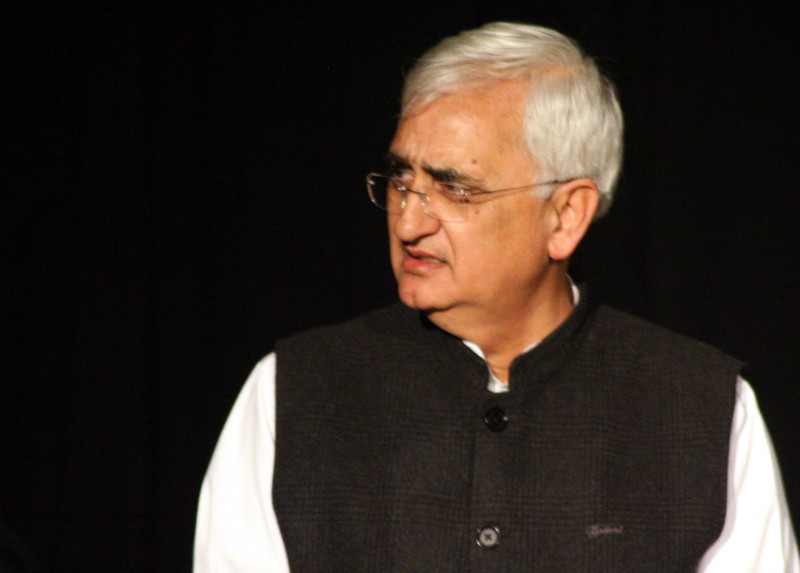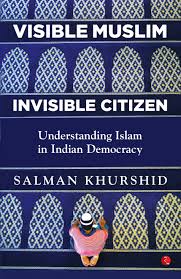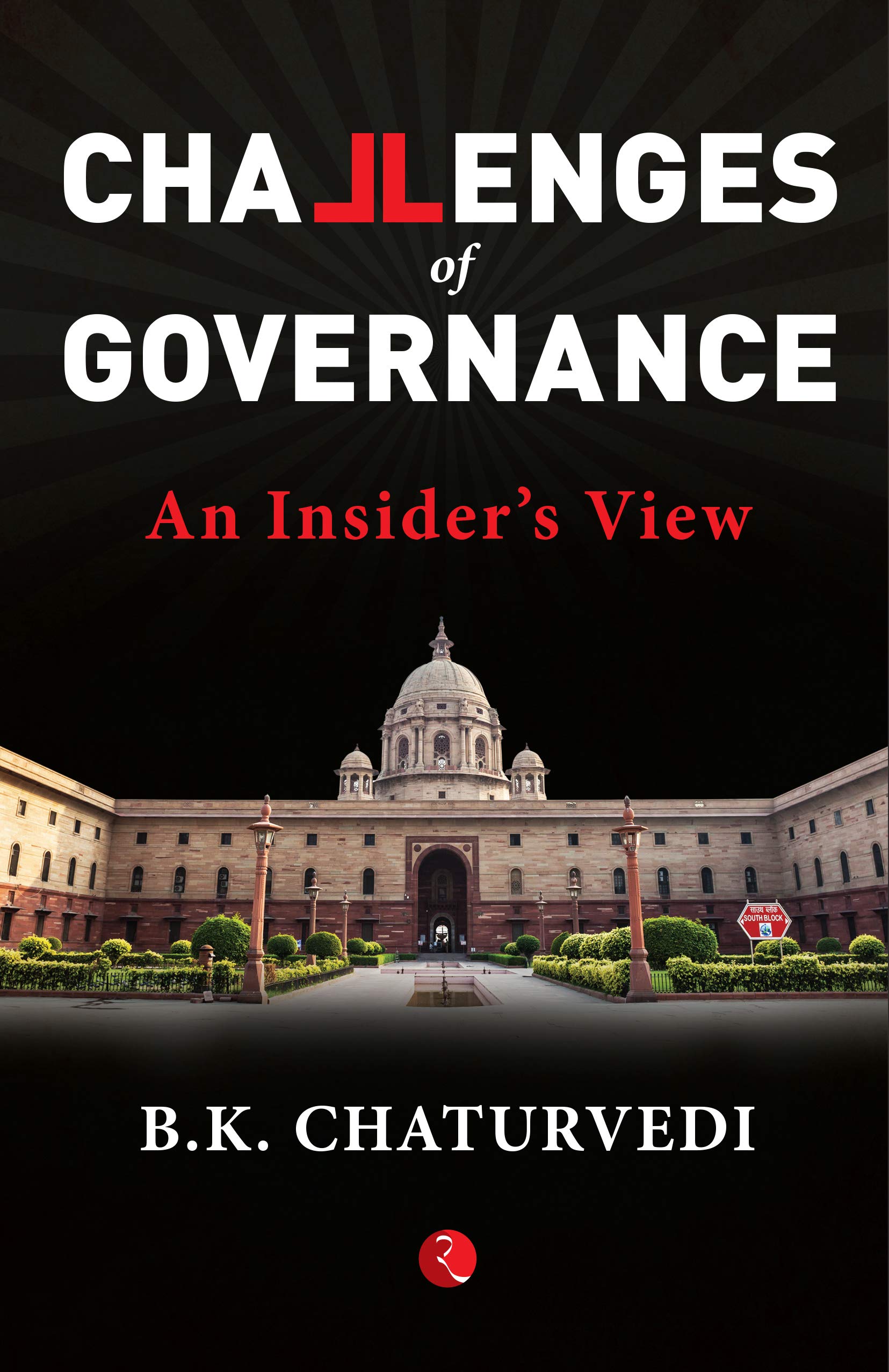There are four must-read chapters. The first of these is called ‘The Shrinking Space’. It spells out the state of play in India where, despite having 180 million Muslims, the non-Muslims are ignoring and excluding them. He gives several examples of this and ends with a dispiriting question: “it remains to be seen whether this is just a passing phase or an irreversible departure from the India we cherish”.
In the chapter titled ‘Muslim Retreat and Secular Resistance’ he says India’s Muslims are bewildered and getting quieter. But they are also getting more desperate. That’s a bit like what’s happened in Kashmir. He then asks the crucial question for India today: has the rights approach given way to the might approach? His anguish at this and his helplessness at what has happened is plain.
He tells a revealing story in this chapter. It seems a group of liberal Muslims met Rahul Gandhi before the election. It was an open and wide-ranging discussion, the theme of which was the atmosphere of fear and oppression. The press, says Mr Khurshid, reported this as ‘Congress is a Muslim party’ which the prime minister changed to ‘Congress is a party of Muslim men’.
He adds that although in the past India’s Muslims have recovered from blows to their community this time things are very different because they are being forced to defend themselves from the charge that they are cause of most of India’s problems and that they are not patriotic.
A third important chapter is called ‘Understanding Islam’ in which he asks: how can Muslims make their religion compatible with modern times? He cites, with heartfelt approval, the basic thesis of Allama Iqbal, spelt out in a series of lectures in 1930, that Muslim thought needs to be reconstructed in the light of modernity. Sadly, the opposite has been happening after the Iranian revolution of 1979.
A few days ago a person who is held in very high esteem in the country told me “India has changed irreversibly and for the worse and I am very worried.” This book echoes that sentiment. A review of this book is not possible; all that I can do is to summarise its main points. But 800 words are not enough for even that.
Mr Khurshid has been a minister in the central government, for law first and then external affairs. He needs to be heard because in normal times he would have been one of the top leaders of the Muslim community. But he is not because, like many of us, he is stranded on the island called liberalism in an ocean of bigotry on which the world is now dangerously afloat.
Of the many questions he asks in this book the most important is this: why can’t India’s Hindus understand India’s Muslims? He tries to discuss this puzzle in 24 chapters, which range from theology to politics to history to law and society.
In that sense, it is a collection of discursive essays, and not quite a book. The tone is more of a mumbled soliloquy rather than rigorous analysis. It is a collection of essays that can be read in any order. The essays are educative, if not exactly a riveting read.
In one place he says reforms must come from within the community. But he misses an important point here: no major religion, not one, except in the matter of rituals, has been reformed from within. Reform has almost always been forced from outside. And there has always been resistance from the traditionalists.
The fourth important chapter, related the one above, is called ‘Institutional Islam.’ Mr Khurshid asks an age-old question: if a religion says there is no need for priests, why do these pests proliferate? Why do people outsource their line to and with God?
The chapter discusses the Islamic institutions in India, namely, the various Dar-uls and other lesser organisations, not to mention the Congress-created Muslim Personal Law Board of 1973. But it is a pity that he doesn’t offer his own views on these institutions. He is content to merely describe them.
There are three weaknesses and omissions in the book. One, Mr Khurshid doesn’t counter the majoritarian political narrative; he merely laments it. Second, he doesn’t take on the mullahs except occasionally and then altogether too mildly. And third weakness is that he doesn’t discuss women and Islam.
There are two books that I think he should read. One is by the late Godfrey Jansen and was published in the early 1980s. It is called ‘Militant Islam’. Mr Jansen was an Indian who lived in Beirut. The other is ‘Women and Islam’ by the late Fatimah Mernissi, a professor of sociology at Rabat.
The first explains Islam; the second attacks it. The first says it is still young; the second says it is too old.
In one place he says reforms must come from within the community. But he misses an important point here: no major religion, not one, except in the matter of rituals, has been reformed from within. Reform has almost always been forced from outside. And there has always been resistance from the traditionalists.
The fourth important chapter, related the one above, is called ‘Institutional Islam.’ Mr Khurshid asks an age-old question: if a religion says there is no need for priests, why do these pests proliferate? Why do people outsource their line to and with God?
The chapter discusses the Islamic institutions in India, namely, the various Dar-uls and other lesser organisations, not to mention the Congress-created Muslim Personal Law Board of 1973. But it is a pity that he doesn’t offer his own views on these institutions. He is content to merely describe them.
There are three weaknesses and omissions in the book. One, Mr Khurshid doesn’t counter the majoritarian political narrative; he merely laments it. Second, he doesn’t take on the mullahs except occasionally and then altogether too mildly. And third weakness is that he doesn’t discuss women and Islam.
There are two books that I think he should read. One is by the late Godfrey Jansen and was published in the early 1980s. It is called ‘Militant Islam’. Mr Jansen was an Indian who lived in Beirut. The other is ‘Women and Islam’ by the late Fatimah Mernissi, a professor of sociology at Rabat.
The first explains Islam; the second attacks it. The first says it is still young; the second says it is too old.

Salman Khurshid has been a minister in the central government, for law first and then external affairs. He needs to be heard because in normal times he would have been one of the top leaders of the Muslim community Flickr












